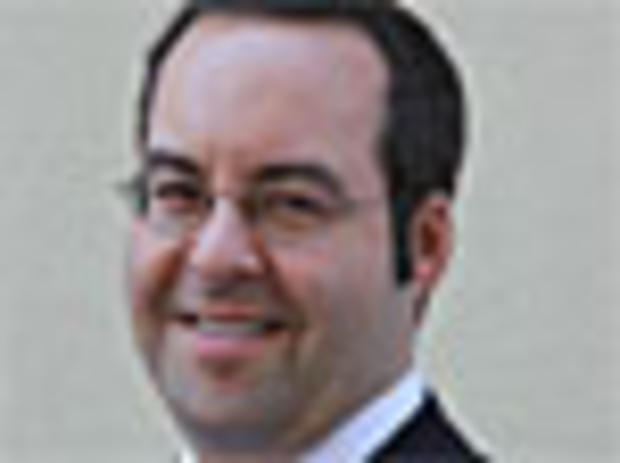After "Shellacking," Obama, Democrats Come Back Strong in Lame Duck
Remember the end of November? The White House was in the middle of a post-election funk. President Obama had just returned from a 10-day trip to Asia where he failed to strike a trade deal with South Korea and a two-day trip to Portugal where he won acclaim, not echoed back home, for his plans in Afghanistan and on missile defense.
He came back looking at a lame duck session in Congress, with a major fight over soon-to-expire tax cuts looming and the resurgent GOP-controlled House on the horizon in the new year.
Things weren't looking good. At a late November briefing, White House Press Secretary Robert Gibbs was asked if the president thought the Congress could fund the government, extend unemployment insurance, repeal "Don't Ask, Don't Tell", pass the DREAM Act, extend tax cuts and ratify the START nuclear arms reduction treaty.
"Yes," said Gibbs.
"In the next 18 days?" he was asked.
"Yes," said Gibbs again defiantly.
"Good luck," said a reporter, somewhat shocked at the confidence Gibbs had in the waning days of Congress.
Today, Gibbs was triumphant. "How much would you have bet me that we would get all that we are about get done, done?" he asked CBS News White House correspondent Bill Plante.
Almost everything the Washington politburo didn't think the White House and its Democratic congressional allies could get done, they did: A bigger tax cut package than anyone thought they could do that included a longer extension of unemployment benefits than anyone imagined; repeal of "Don't Ask, Don't Tell" -- and with today's expected Senate action, ratification of the START treaty, a major foreign policy goal of the Obama administration.
What they didn't do: they funded the government, but only for a few months, and they didn't pass the DREAM Act, ensuring that the battle to create a pathway to citizenship for undocumented young people will go on.
"It's official. Like it or not, this lame-duck session is the most productive of the 15 held since WWII," Political Scientist Larry Sabato wrote on Twitter.
Oh, and in the middle of it all, the president made a surprise and well-received visit to Afghanistan to personally thank troops who are serving away from home during the holidays. And the White House announced they had struck a trade deal with Korea that has garnered broad support across labor and business interests, quite an achievement by itself.
So, Mr. Obama heads to Hawaii for his annual Christmas and New Year's vacation in better shape than most people would thought he'd been in after the November mid-term "shellacking" he went through.
In signing the repeal of the ban on gays serving openly in the military, a key campaign pledge of the president's, Mr. Obama acknowledged the success on Capitol Hill, calling today's signing "the culmination of two of the most productive years in the history of Congress."
So does 2011 look good for Mr. Obama? Not necessarily. The first issue up for battle in the new GOP controlled House and enhanced Senate minority will be government spending and the growing deficit. The White House and congressional Democrats will have to find middle ground with Republicans to pass any priorities and at the same time, will have to fight off Tea Party-inspired threats to drastically cut government spending. On top of all that, the incoming House Republican Majority has pledged to try to repeal the president's signature accomplishment of health care reform.
Press Secretary Gibbs was asked today about the next two years of Congress: "I do not think that the next two years, because there is a divided House and Senate on different party lines, that the next Congress has to be by definition, unproductive," he said.
Gibbs said that the bipartisan success seen in the lame duck session of Congress -- specifically with a historically large bipartisan vote on tax cuts (81 senators voted yes), and support across party lines for START and the repeal of "Don't Ask Don't Tell" - could be extended. He said those across-party votes were instances of members of Congress acting "not as simply agents of one party or another, but as lawmakers and Americans, and our hope is that that is an atmosphere we can continue to foster," said Gibbs.
He also said that early in the new year, Mr. Obama will outline his agenda, culminating with the State of the Union address. He will unveil a series of proposals "important to us continuing our economic recovery, protecting our citizens and ensuring we are competitive with the entire world in the 21st century."
Robert Hendin is a CBS News senior political producer. You can read more of his posts in Hotsheet here. You can also follow him on Twitter here.

